....
As part of its mission to enrich philosophy within Canada, the Canadian Journal of Philosophy hosts a yearly Distinguished Lecture at the annual meeting of the Canadian Philosophical Association.
..
Dans le cadre de son mandat visant à enrichir la philosophie au Canada, le Canadian Journal of Philosophy organise chaque année un programme de conférenciers éminents dans le cadre du congrès annuel de L’Association canadienne de philosophie.
....
2025
CHRISTINE TAPPOLET, University of MONTREAL:
“VALUINGS AS SENTIMENTS” (co-authored with Mauro Rossi, University of Quebec at Montreal)
We are valuing beings, beings who possess the capacity to value things. But what is it to value something? The most common accounts in the literature hold that to value an item is either to have a first-order or a second-order desire towards it; or to believe that item to be valuable; or to care about that item; or to have a combination of all these mental states. In our paper, we raise some objections against all these accounts and defend a new affective account of valuings. Unlike standard affective accounts, according to which the term ‘valuing’ refers to a single type of affective state, such as care, we hold that ‘valuing’ refers to the members of a class of affective states, namely, the class of sentiments. On our view, to value something is to have a particular sentiment towards it. Since sentiments can be of different types, our account implies that there are as many ways of valuing things as there are types of sentiments.
2024
Joe Heath, University of Toronto:
“A Harm-Reduction Approach to Attitudinal Racism”
The harm-reduction approach to policy is most familiar from debates over public health and drug abuse, but as Daniel Weinstock and Shannon Dea have recently argued, it provides a perfectly general framework for thinking about normative aspects of policy in non-ideal contexts. This paper seeks to apply a generalized harm reduction approach to the problem of attitudinal racism. The emerging consensus among social psychologists is that racism is potentiated by a set of ubiquitous, enduring psychological dispositions. This suggests that, while its incidence and impact can be significantly reduced, it is unlikely to be completely eradicated, as a result of which a zero-tolerance approach risks becoming both counterproductive and overly punitive. The appropriate policy objective, I will argue, is one of harm reduction, which involves minimization of prevalence with respect to the primary phenomenon combined with attenuation of impact for the ineliminable portion. After describing the basic principles of the approach, I will outline the specific policy implications it has for minimizing the harms caused by attitudinal racism.
2023
Barbara Herman, University of California, Los Angeles:
“Duty and deontology”
A too rarely emphasized feature of modern deontological ethics is the structure of its directives. Faced with alternatives, the question for the moral agent is “which, if either, must I perform (or avoid)?” Getting it right, one is, morally speaking, done… until the next set of freighted options presents. We should wonder whether this makes sense: whether there isn’t a more complex structure to deontological requirements that resists the “one and done” idea. Rehabilitating the Kantian idea of duty as a value-based deliberative principle, I argue for a more plausible deontology whose requirements are often temporally extended and interpersonally complex.
2022
Stephen Yablo, Massachusetts Institute of Technology:
“Grue and True: a discussion of Carnap’s strangely neglected solution to Goodman’s New Riddle of Induction”
2021
jason stanley, Yale university:
“there are no slurs”
2019
Miranda fricker, city university of new york:
“bernard williams as a philosopher of ethical freedom”
Interpreting Bernard Williams’s ethical philosophy is not easy. His style is deceptively conversational; apparently direct, yet argumentatively inexplicit and allusive. He is moreover committed to evading ready-made philosophical “-isms.” All this reinforces the already distinct impression that the structure of his philosophy is a web of interrelated commitments where none has unique priority. Against this impression, however, I will venture that the contours of his philosophy become clearest if one considers that there is a single, unchanging root conviction from which his ethical philosophy grows. Despite the perpetual motion of his philosophical thought—its erudition, originality, range, and unceasing forward momentum—still, I contend, there is something unchanging at the heart of it. I will show this by reference to three signature theses: internal reasons, the relativism of distance, and the porous borders of philosophy and history. I will argue that the root conviction of which these are the fruits is the conviction that the constraints of universal rationality seriously underdetermine how one should live. This, I believe, is the vision of the human ethical condition that constitutes the largely inexplicit yet utterly fundamental presupposition beneath Williams’s ethical philosophy taken as a whole. I label the object of this root conviction ethical freedom, and thus portray Williams as a philosopher of ethical freedom.
2018
Hannah Ginsborg, University of California at Berkeley:
“Wittgenstein on going on”
In a famous passage from the Philosophical Investigations, Wittgenstein describes a pupil who has been learning to write out various sequences of numbers in response to orders such as “+1” (for the natural numbers) and “+2” (for the series 0, 2, 4, 6, 8…). He has shown himself competent for numbers up to 1000, but when we have him continue the “+2” sequence beyond 1000, he writes the numerals 1004, 1008, 1012. This example of the aberrant pupil has generated a lot of discussion. It is clear that Wittgenstein intends to use it to say something about the phenomenon of rule-following, but it is not at all clear what that is. In this paper, I argue that the example has been misinterpreted by some of the most influential participants in the discussion, and I propose an alternative interpretation which, I think, does better justice to Wittgenstein’s aims in the rule-following considerations. The passage highlights a distinctive kind of normativity associated with going on. The pupil who writes “1004” is going wrong, not in the sense that he is failing to accord with a rule that either he or his teachers had in mind, but in a more primitive sense: he is simply failing to accord with what he did previously, where this failure of accordance need not be made out in terms of the violation of a rule. The notion of “going on” thus incorporates an idea of primitive normative fit between an item of behaviour and the behaviour that precedes it.
2017
Will Kymlicka, Queen’s University:
“Human rights without human supremacism”
Early defenders of the Universal Declaration of Human Rights invoked species hierarchy: human beings are owed rights because of our discontinuity with and superiority to animals. Subsequent defenders avoided species supremacism, appealing instead to conditions of embodied subjectivity and corporeal vulnerability we share with animals. In the past decade, however, supremacism has returned in work of the new ‘dignitarians’ who argue that human rights are grounded in dignity, and that human dignity requires according humans a higher status than animals. Against the dignitarians, I argue that defending human rights on the backs of animals is philosophically suspect and politically self-defeating.
2016
Dominic McIver Lopes, University of British Columbia:
“BEAUTY, THE SOCIAL NETWORK”
What if aesthetic values give agents reasons to act? The supposition that aesthetic values are practical values suggests how to diagnose a fundamental error of traditional theories of aesthetic value and reorients attention on a neglected sample of aesthetic acts with features that a theory of aesthetic value should explain. I sketch the main components of a theory that locates the normativity of aesthetic value in the expert performances of socially-situated aesthetic agents.
2015
Jennifer Hornsby, Birkbeck College:
“Intending, knowing how, infinitives”
Intellectualists (at least some of them) tell us not only that a person who knows how to do something therein knows a proposition, but also that a person who intends to do something intends a proposition. I argue that they are wrong in both cases. I think that it helps in seeing that they are wrong to consider ‘know how ——’ and ‘intend ——’ together. When these are considered together, a realistic conception of human agency can inform the understanding of some infinitives: the argument need not turn on what semanticists have said about (what they call) “the subjects of infinitival clauses”.
2014
Sally Haslanger, Massachusetts Institute of Technology:
“Social structure, narrative and explanation”
For several decades, social theorists have argued that racism, sexism, and other forms of inequality, are best understood as forms of structural injustice. On such accounts, broad social structures systematically disadvantage certain groups and privilege others. Structural explanation is intended as an alternative to accounts that rely on narratives about the bad (sexist, racist…) behavior of individuals. Recent work on discrimination suggests, however, that even those who are explicitly committed to equality are susceptible to acting in ways that reflect implicit bias, and there has been much interest in showing how implicit bias explains inequality. This paper raises questions about the relationship between structural explanations and implicit bias explanations. Are implicit bias explanations a re-emergence of individualistic explanation? Do they inherit some of the ideological presuppositions of individualism? Or are they compatible with – perhaps even a necessary component of – a structural approach?
2013
JENNIFER WHITING, UNIVERSITY OF TORONTO:
“Love: self-propagation, self-preservation, or ekstasis?”
Harry Frankfurt makes the lover’s identification with the beloved central to his account of love in a way such that he ends up counting Agamemnon’s sacrifice of Iphigenia primarily as a form of self-betrayal. Terence Irwin ascribes a similar conception of love to Plato: love as a form of “self-propagation”. Each of these “colonizing ego” views seems to me mistaken in ways revealed by the ecstatic conception of love that Martha Nussbaum rightly sees in Plato’s Phaedrus, a conception to which reciprocity and equalizing dynamics are crucial. Frankfurt and Irwin miss this because they assume a Procrustean egoism to which the ekstatic powers of genuine love cannot be made to fit.

